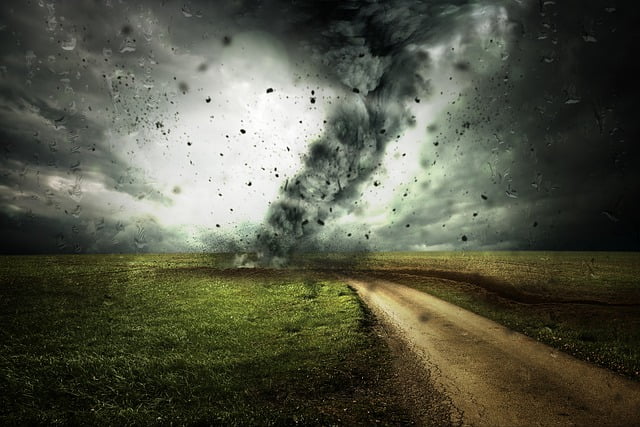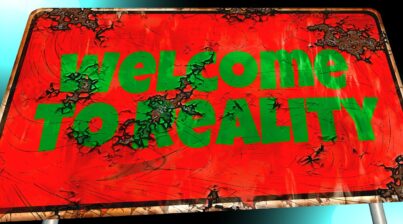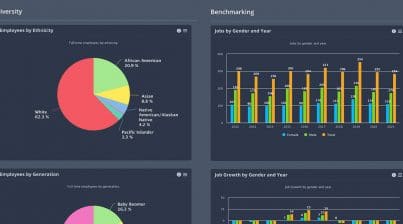The Midwest is in the height of a very active and violent tornado season. Over the past week, Missouri has been hit with severe weather and catastrophic tornadoes. The devastation is only being compounded by heavy rains that are flooding major rivers. News agencies are reporting this tornado season has already been above-average and people should prepare for more.
As Memorial Day approaches, the Northeast is preparing for the Atlantic hurricane season. It officially kicks off June 1st, but activity in the Atlantic Ocean is indicating an early start. For the past five years, pre-season storms have been on the rise. Even winter “Nor’easters” are becoming more frequent.
Natural disasters are not the only types of emergencies and crisis situations to prepare for. If you have international offices or expats, the political climate in that country should be a top concern. The White House recently withdrew their staff from the US embassies and consulates in Iran. Active shooter and attacks are something to think about too. Our geopolitical climate is cause for creating thorough foreign policies.
Are your employees ready for an emergency?
Do they know who to reach out to if there’s a state of emergency? Do you have a policy that outlines business operations in the event of a crisis? If employees have to be quickly evacuated, from an office or a country, could you do it quickly and efficiently? Or will action be tied up in red tape, indecision, and confusion on whose responsibility it is to take action?
Not being prepared for a crisis or emergency can be the biggest mistake for an organization. It may mean the success or failure of business continuing.
Clear communication plans are instrumental for the best crisis response plans. The question to ask is how will you communicate information to employees quickly and make sure they get the message? In the event of inclement weather, companies may use automated/pre-recorded hotlines that employees can call. This will be more effective than sending an email where some may not be able to access or be on the email list at all. A phone tree in smaller organizations may also be effective. You’ll also be able to confirm the message is received. Don’t be afraid to consider texting or social media as well. In a crisis situation, there’s no such thing as over communication.
But also, don’t forget to give employees ways to notify you if there is an emergency or crisis. If there is an active shooter on campus, how will all your employees know to seek shelter? Do they know who to call besides 911? All employees should be aware of the process, including how to communicate to who. Preparedness will decrease the immediate sense of panic and confusion that can follow an incident.
As HR, you should be ready to answer questions regarding pay.
If the office is closed, will employees be paid for that day like a holiday or will they need to use PTO? Or will there be an expectation for people to work from home if they have that capability? Additionally, in the event of a natural disaster, employees may not be able to get to work even after the storm. Consider how and if the business can continue, and what that will mean.
Last, but definitely not least, being ready for a crisis involves collaboration. This should not just be an HR issue. Senior leaders, finance, safety/security, and IT should all be involved. Also, don’t forget travel and logistics if you have expats that need to be flown out of the country quickly. Create a crisis management team who can lead the charge on this initiative. Don’t forget a lessons learned session as well after each crisis. There are always ways to improve to make sure you avoid future hurdles and keep your employees safe.
Don’t let your data and metrics hit crisis mode. An HR dashboard is a useful tool for managing, tracking, and calculating your HR metrics. Sign up today for a free demo of our automated HR dashboard.












